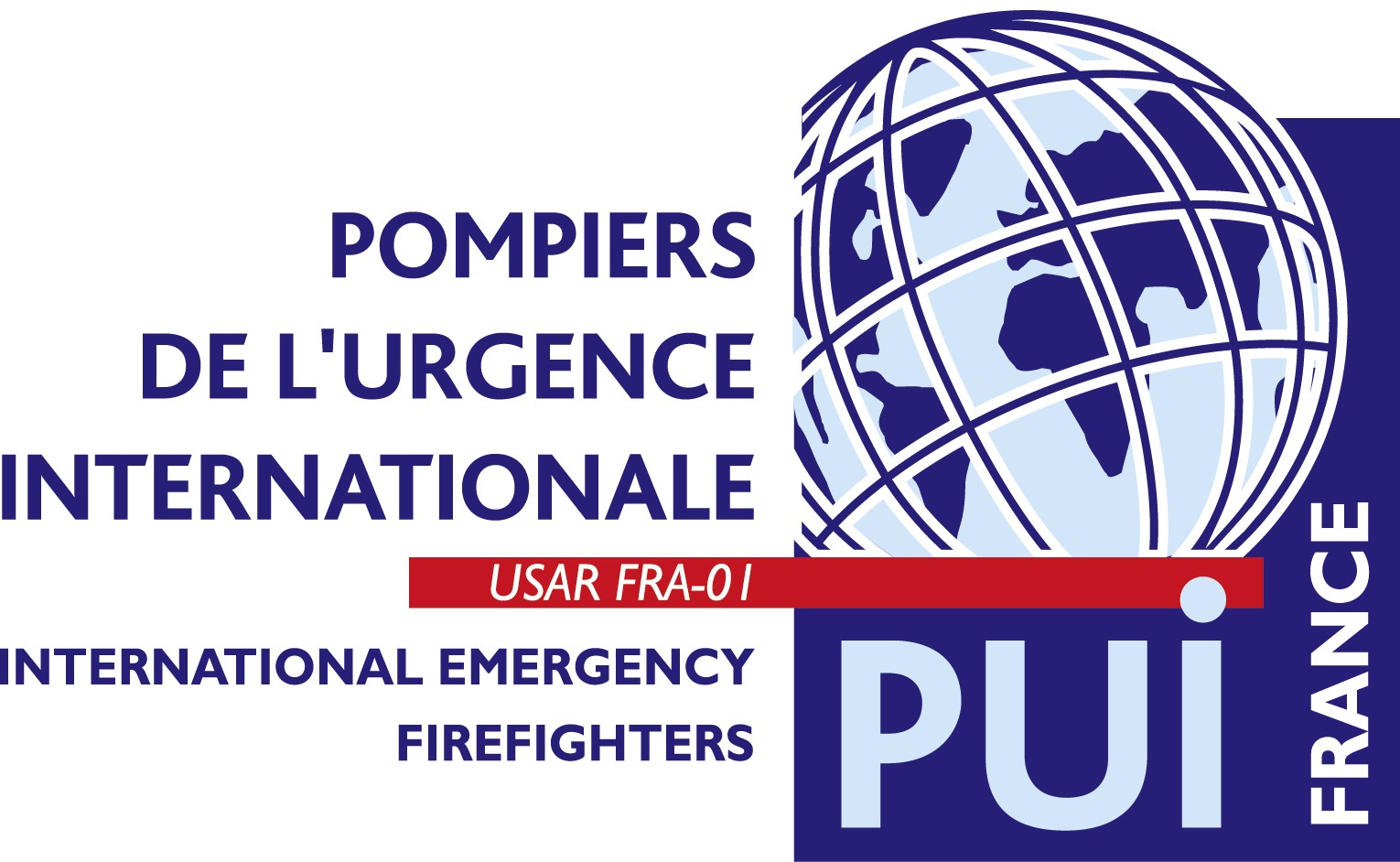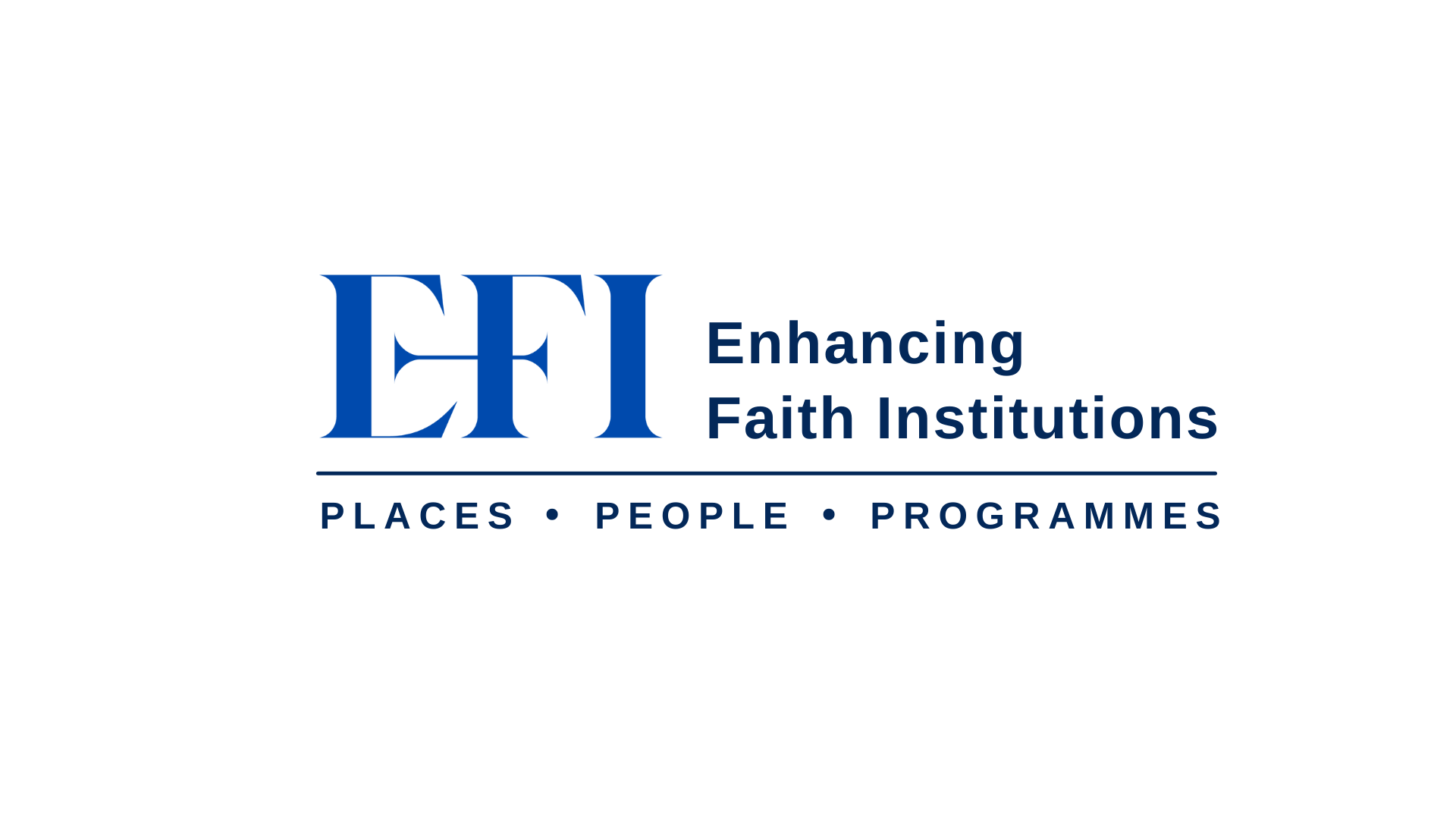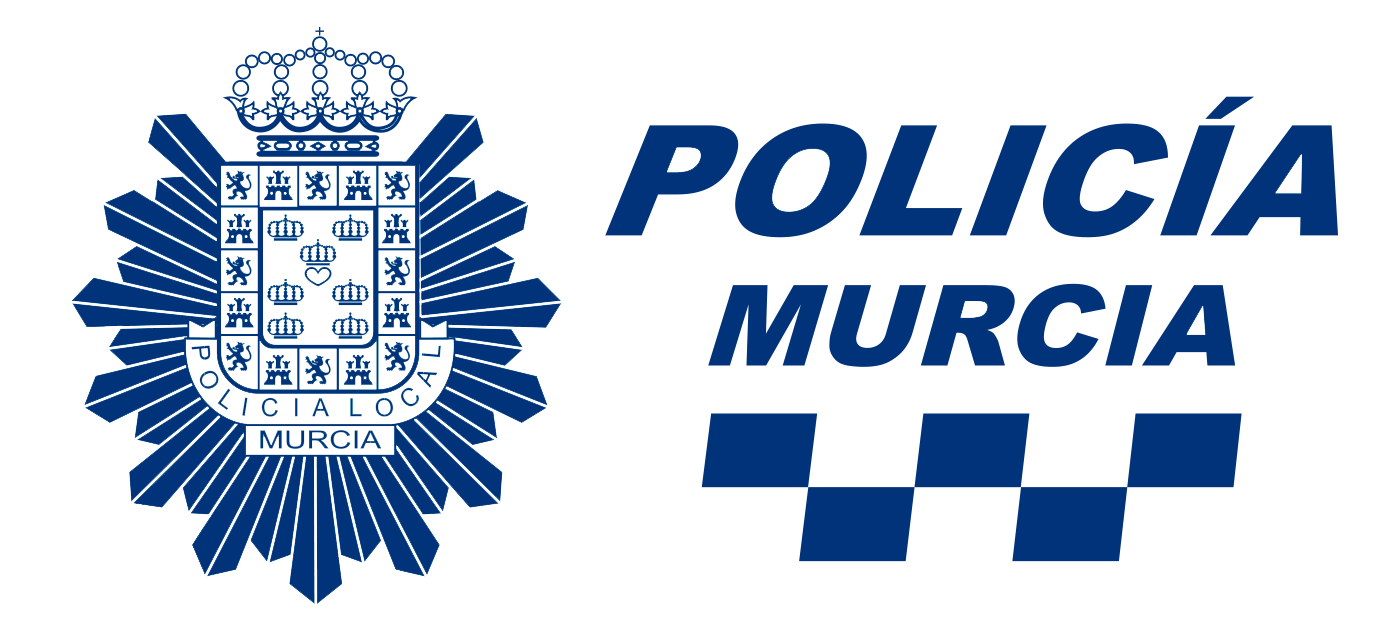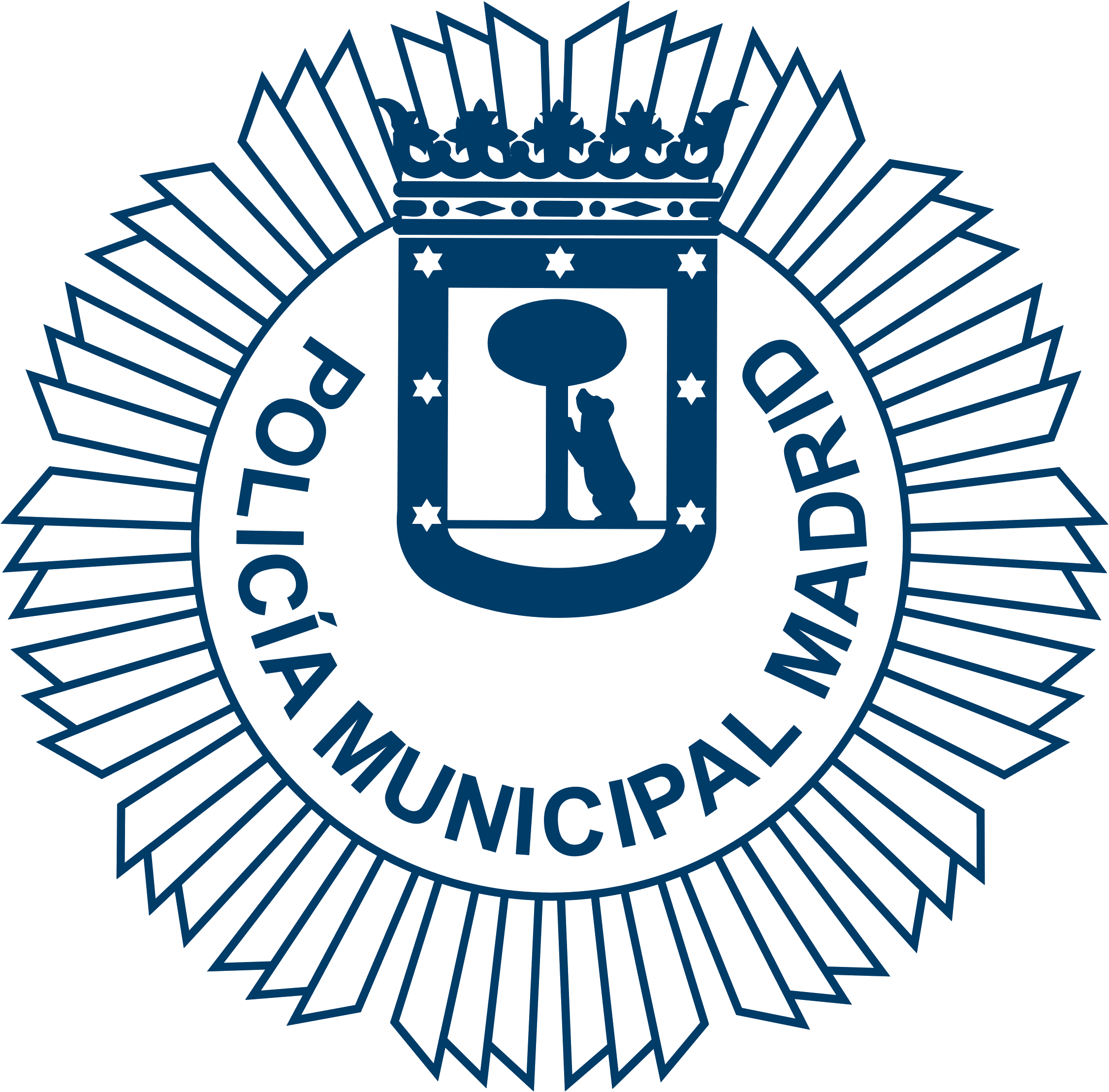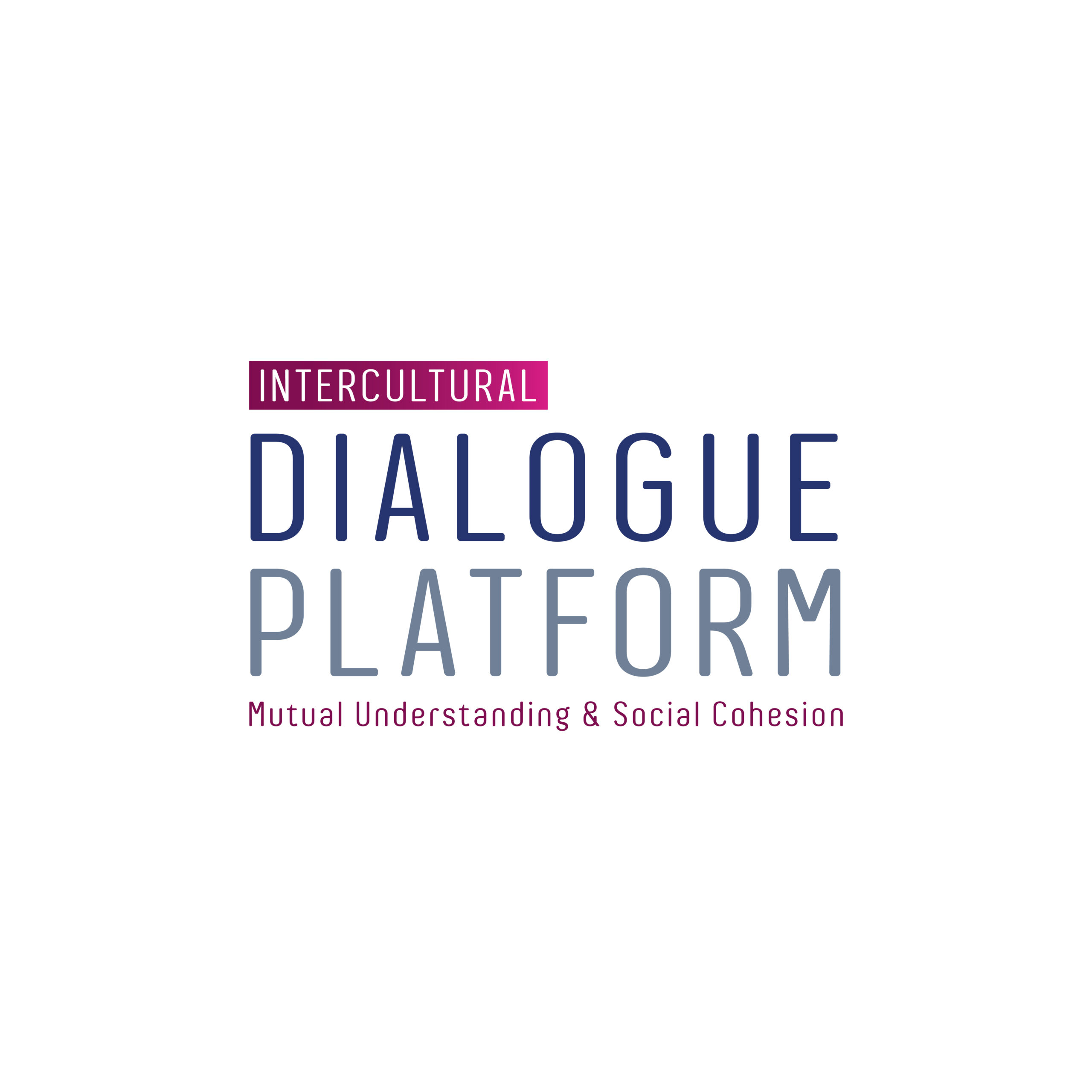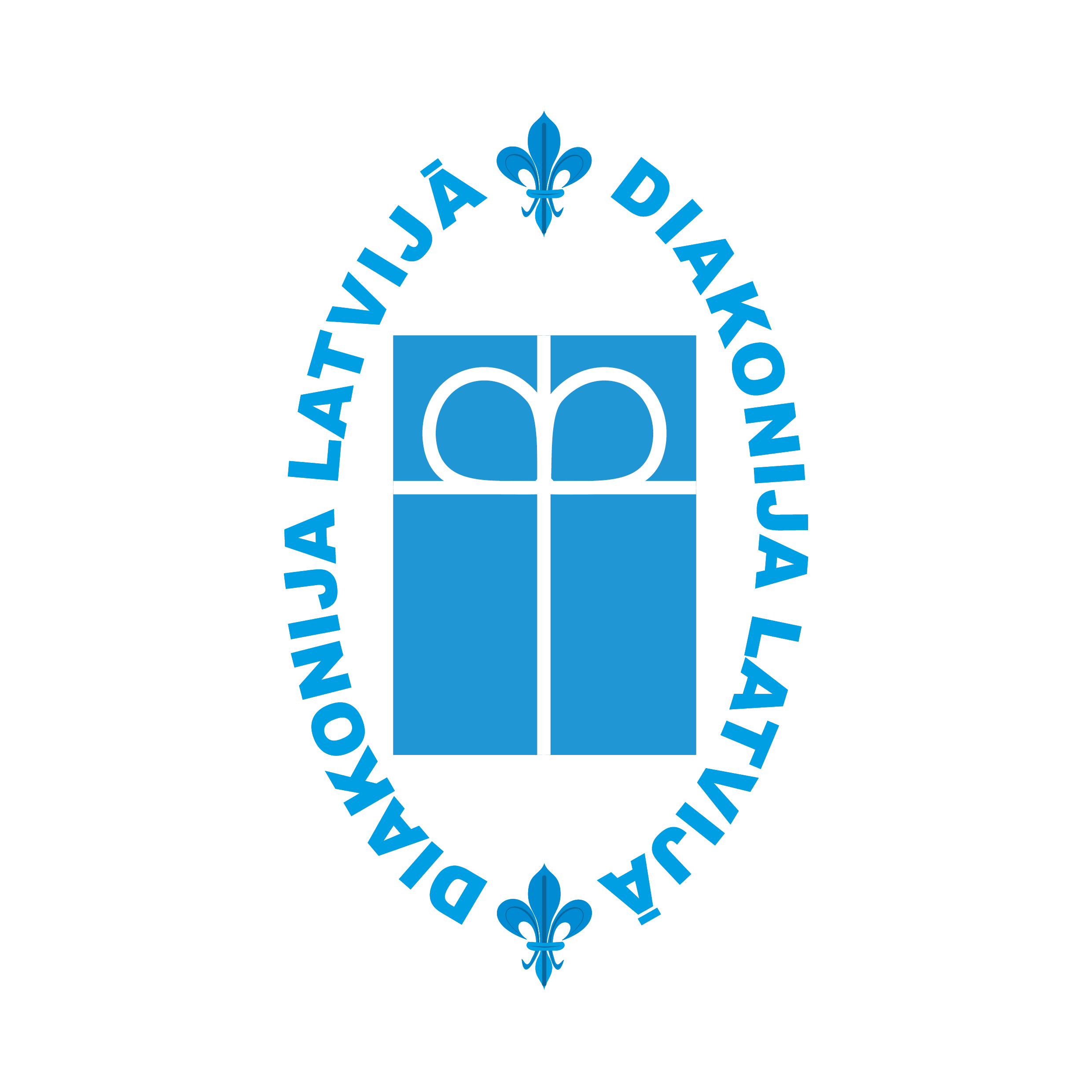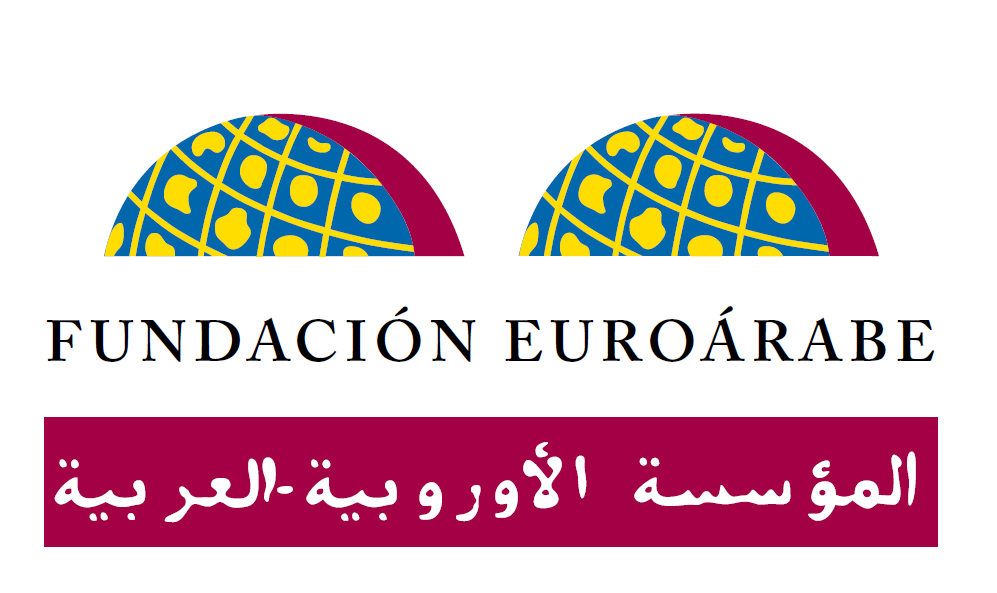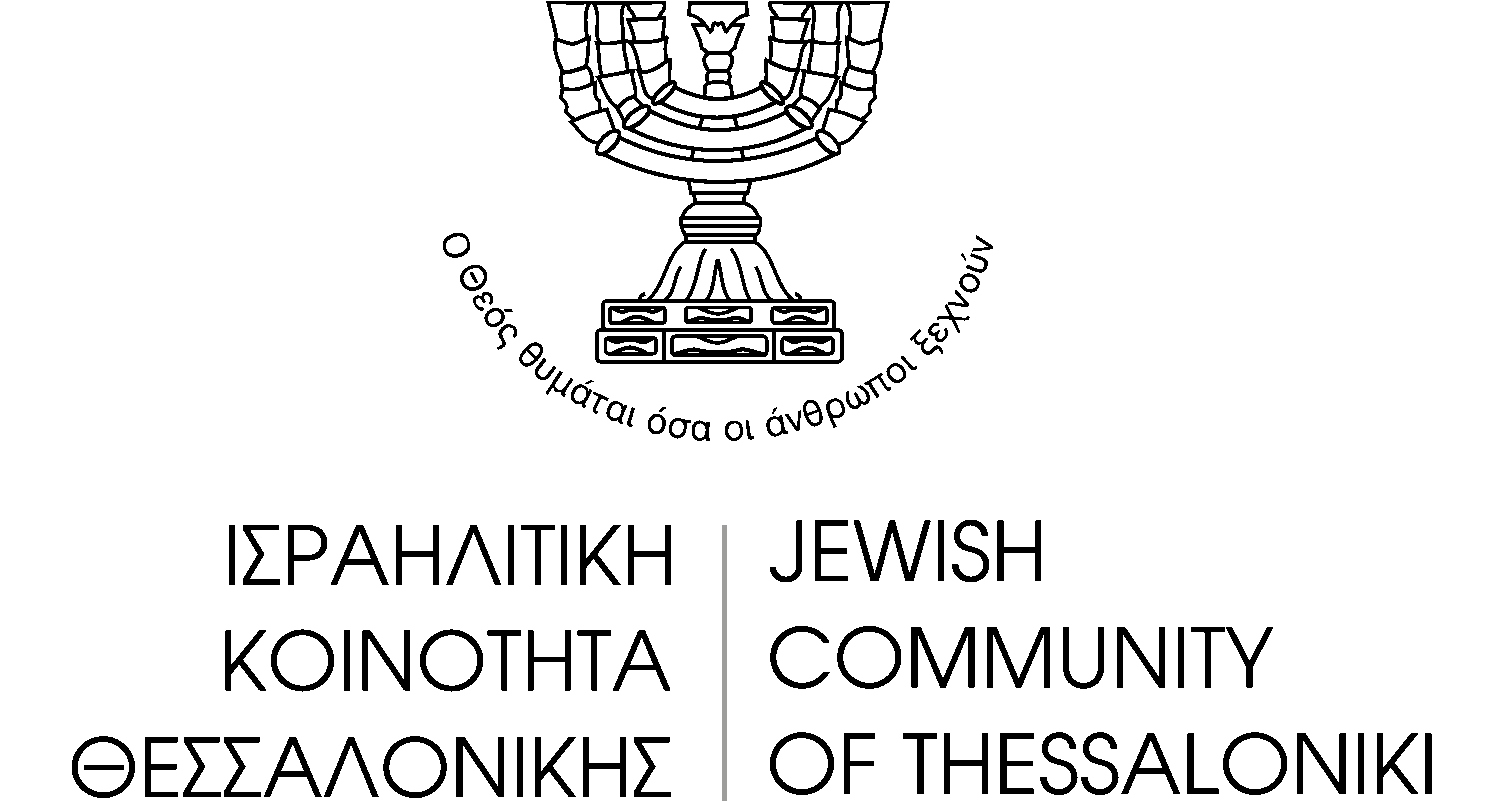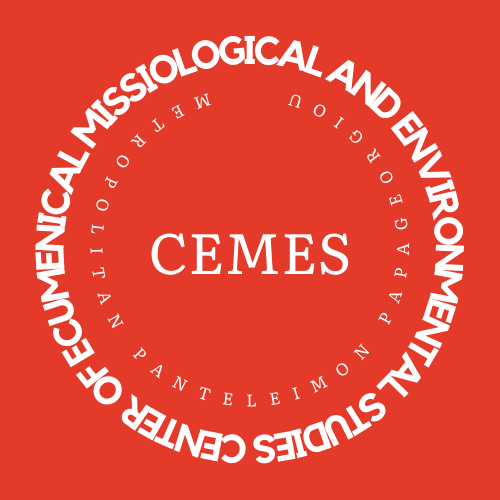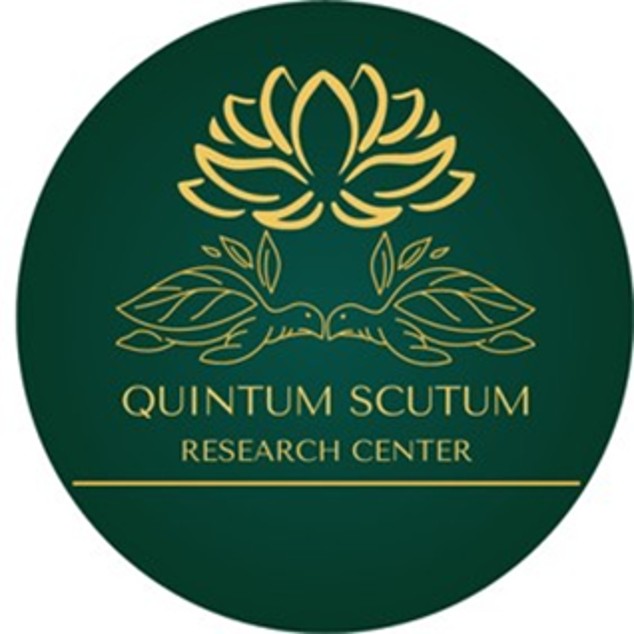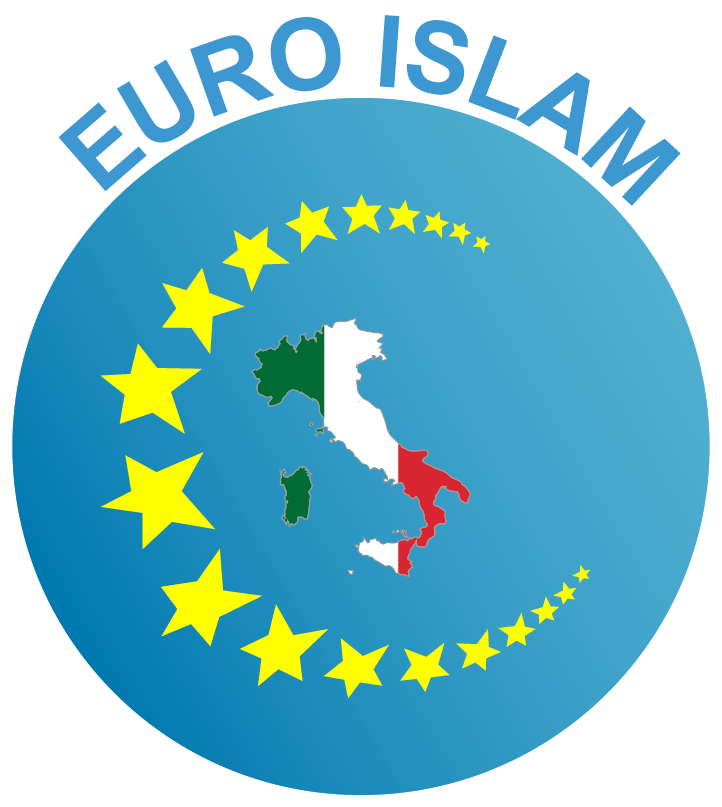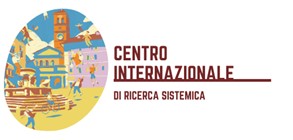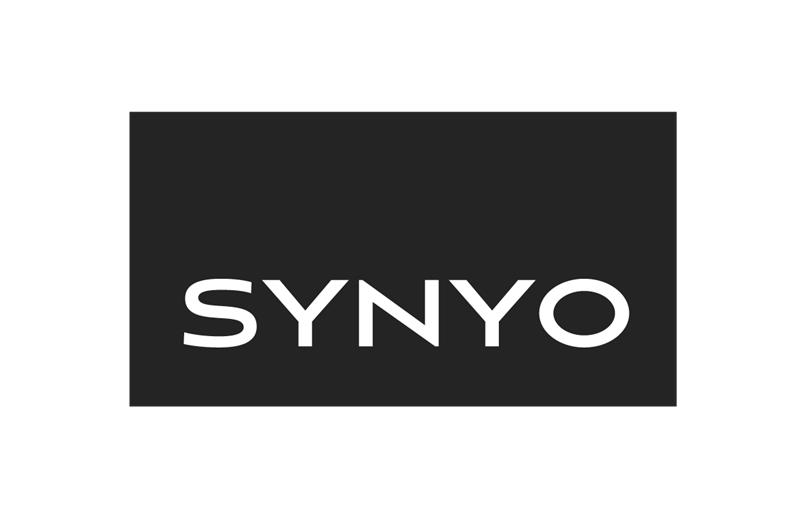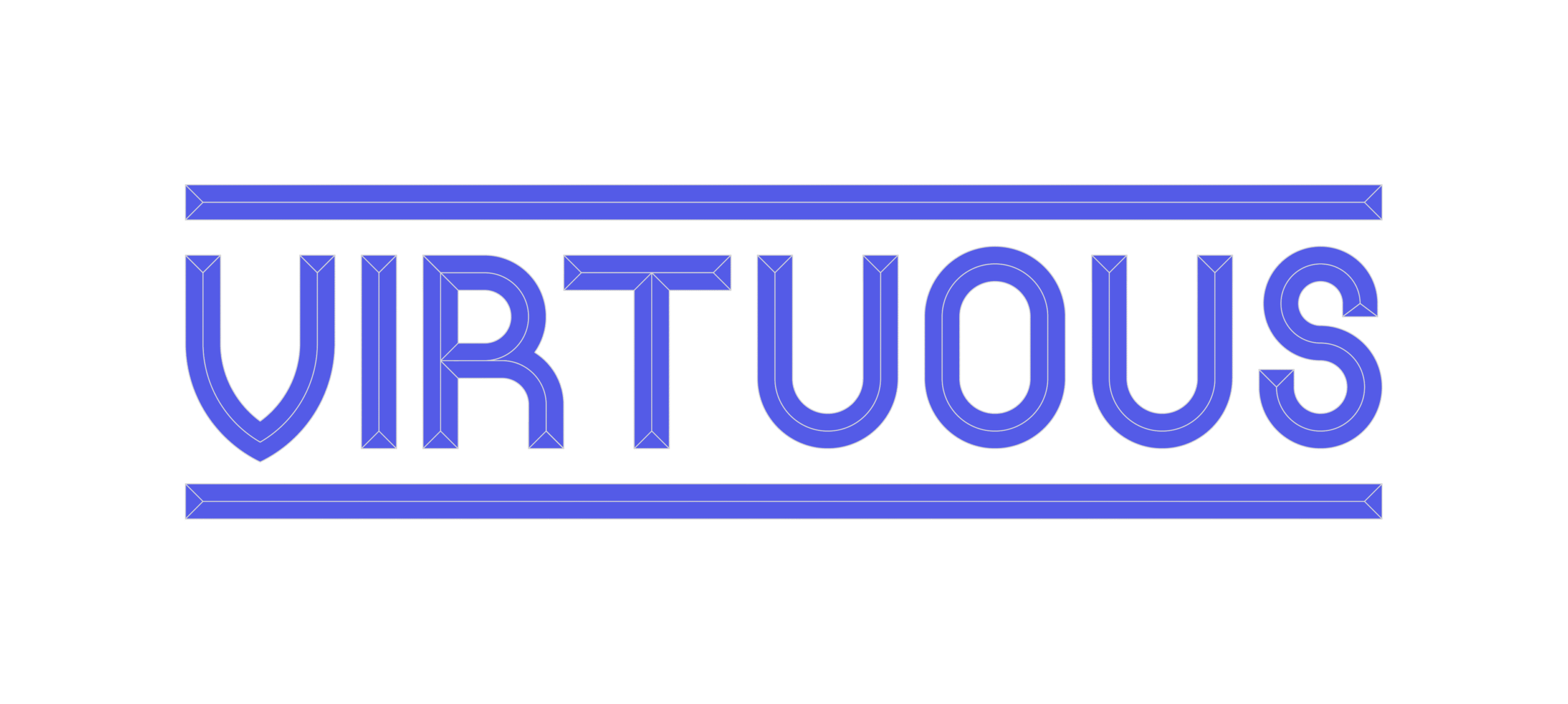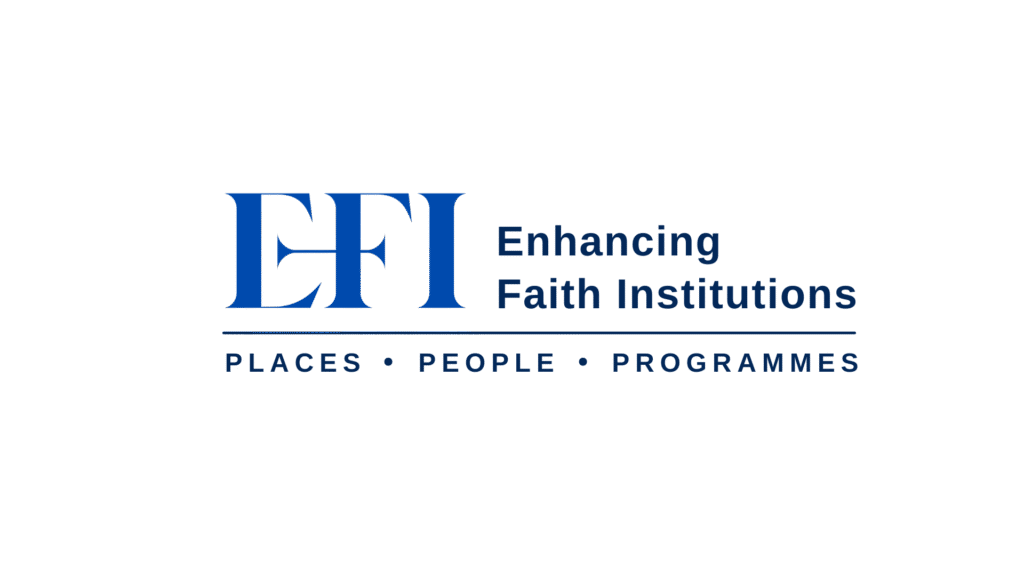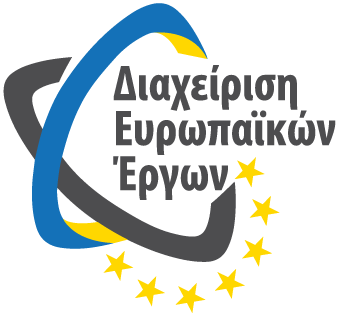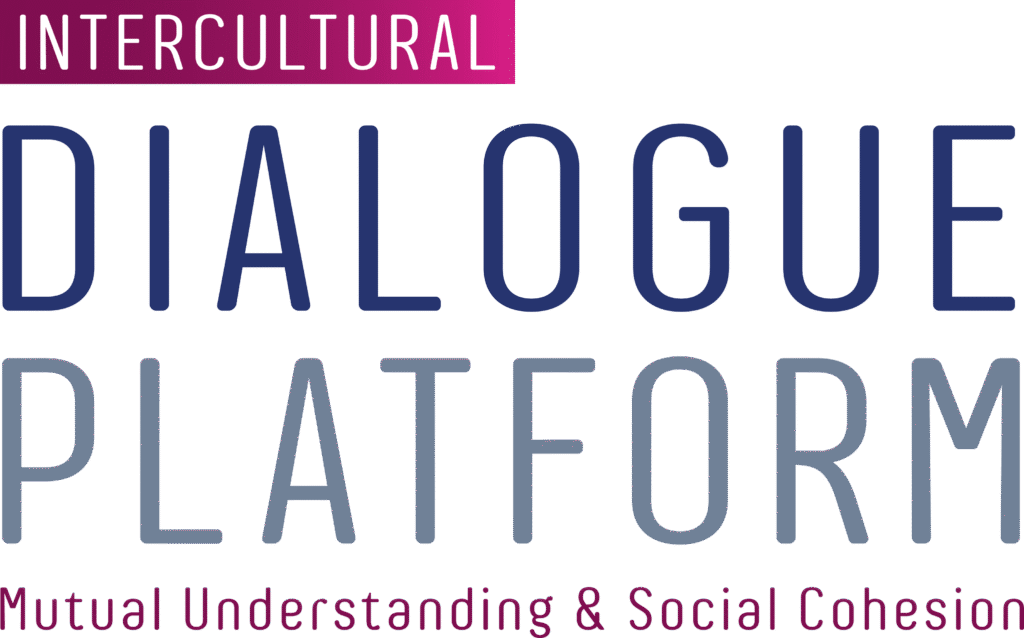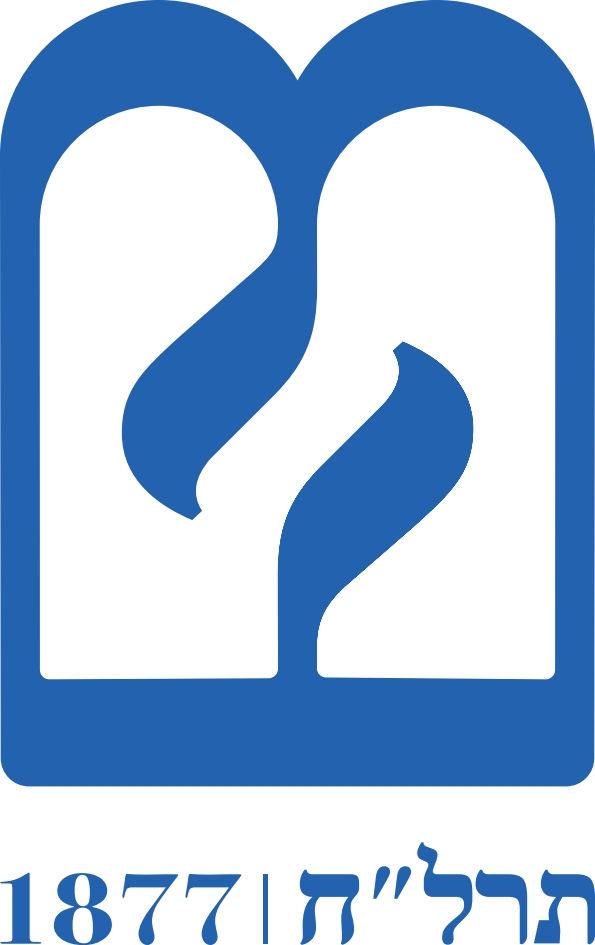About the VIRTUOUS Project




Identification of the sensitive targets, considering the peculiarities of the different faiths
Implementation of a Security Awareness Strategy
Performance of vulnerability assessment on religious buildings
Establishment of a strong network of cooperation
Development of measures to neutralise attacks against religious buildings
Implementation of a clear Communication Strategy during the lifecycle of the project
Outputs
Virtual or physical events that gather the different stakeholders and aim to facilitate the exchange of knowledge, expertise and perspectives.
As part of the security awareness campaign, VIRTUOUS will organise workshops and webinars, to be conducted either in person or online and aiming to facilitate the dissemination of project’s knowledge and results among the different stakeholders.
Exercise involving religious leaders and security experts to understand the level of awareness and preparedness in facing security threats.
Specifically designed for religious leaders with the participation of public authorities, LEAs representatives, and security experts, the training programs are delivered for the participants to gain hands-on experience and develop practical skills for effectively responding to security incidents
Target groups
Religious community representatives
Public authorities
Law Enforcement Agencies
Security Experts
NGOs and CSOs
Religious Associations
Security Agencies
Policymakers
